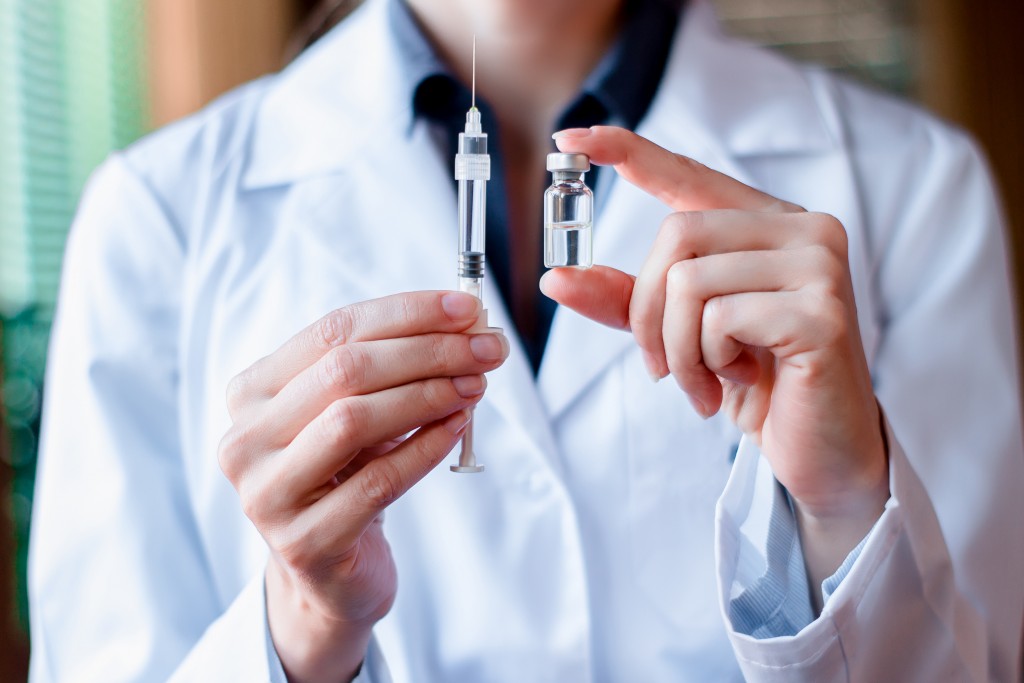The United Kingdom is the first country to authorise the distribution of a COVID-19 vaccine—a landmark move amidst the ongoing coronavirus pandemic, paving the way for the initial doses to be rolled out across the nation next week.
The final analysis and test of the Phase 3 trial of the vaccine from Pfizer and German BioNTech show that it was 95% effective in preventing infections across all ages—including the elderly and caused no severe safety concerns, the companies announced.
This recent revelation means that the UK vaulted past the United States and its neighbouring European Union in the ‘race’ to approve of a COVID-19 vaccine, months into the pandemic, which has killed nearly 1.5 million individuals globally. The UK has ordered approximately 40 million doses of the COVID-19 vaccine, which is enough to vaccinate 20 million individuals.
Plus, they ensure that everyone will continue to get the assistance they need healthwise, whether regular appointments with a scoliosis specialist and getting proper care.
UK officials announced that they will prioritise vaccinating elderly individuals in care homes alongside those who care for them, health workers, and other vulnerable people.
Why Was the UK First?
The COVID-19 vaccine was granted with ’emergency authorisation’ in the UK by its regulator, the Medicines and Healthcare products Regulatory Agency (MHRA), which played a vital part in the process. The MHRA started rolling reviews of Pfizer and BioNTech data in October—with each chunk of data reviewed as soon as the companies made them available, allowing the regulators from MHRA to examine it in detail before submitting a final authorisation.
Rolling reviews can be used to finish assessing a promising medical concept during a public health emergency in the shortest time possible, helping the MHRA accelerate the authorisation process. Thanks to the MHRA keeping pace with the companies’ updates, they managed to make the UK the first country to authorise the vaccine.
How Will They Distribute the Vaccine

The COVID-19 vaccine by Pfizer and BioNtech employs a new approach to making vaccines by using a messenger RNA. It’s a piece of genetic material used to prompt the human body to create synthetic fragments of the coronavirus and produce an immune response against it. However, the mRNA is extremely fragile, so the vaccine needs to be kept at ultra-low temperatures, meaning distributors will need special storage equipment for it.
However, despite this, UK officials announced the ‘rollout’ of the vaccine would be phased, with the vaccinations for vulnerable people taking place between the first couple of months next year. But the distribution will start next week—with 50 hospital hubs offering the vaccine to vulnerable people over 80 and their carers.
After the initial distribution, officials announced that more than 1,000 vaccine centres across England would be available to vaccinate vulnerable people.
More Vaccines on the Way
Besides Pfizer’s revolutionary vaccine, another vaccine from the American biotech company, Moderna, is awaiting approval across different countries, including the UK. The firm expects to produce over 1 billion doses by 2021—with the UK securing more than 7 million doses of this vaccine, which will be available in Europe in spring 2021.
Although the United Kingdom’s future looks brighter than ever, Prime Minister Boris Johnson warns the public that they shouldn’t get carried away and fall into the naive belief that their struggles are over as vicinities across England lifts lockdowns.


